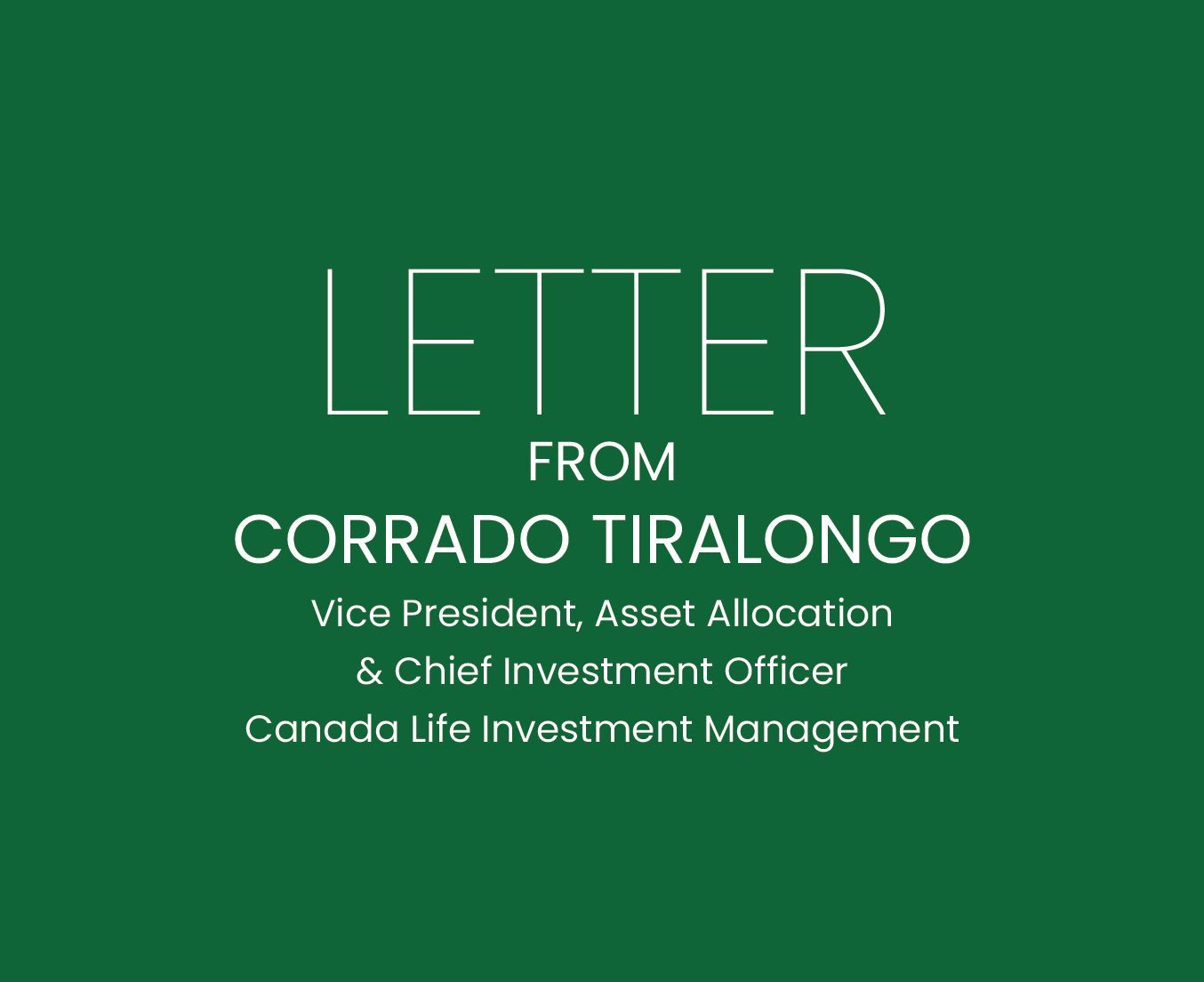2020 was a challenging year for many investors.
The pandemic that swept the globe caused significant volatility in the financial markets leading many to question their investment strategies and their ability to protect their retirement savings from events outside of their control.
It wasn’t all that long ago when an investor could turn to fixed-income securities for relative stability and predictable returns. But like many things in this pandemic world, the situation has changed. With yields on fixed-income securities at or near historic lows and the threat of inflation on the horizon, there is a good chance that fixed-income securities won’t provide the returns they have in the past.
Rising interest rates can lead to negative returns for both fixed-income and equity securities, leaving investors in the uncertain position of being exposed to potential investment volatility across their entire portfolio.
Alternatives for Increased Diversification
Pension funds, institutional and high-net-worth investors are increasingly turning to alternative investments to help manage volatility and offset financial market risk. Alternative investments offer an additional source of returns beyond those of equity and fixed-income securities. More importantly,
alternative investments tend to have a low correlation to equities and fixed-income securities, which simply means they respond differently to similar economic events.
When added to an existing portfolio, alternative investments can provide an additional source of diversification and investment returns that can help offset the corrosive effects of inflation.
Accessing Alternatives is Not Always Straightforward
Compared to equities and fixed-income securities, investing in alternatives has not always been as simple or straightforward. Access to this specialized asset class was once considered off-limits to many investors due to high minimum investment requirements and liquidity concerns.
Unlike stock and bonds, where the financial markets provide near-instant liquidity when it’s time to cash in your investment, alternative mandates tend to invest in less liquid sectors of the economy like real estate, infrastructure, hedge funds and private debt.
Because of this, alternative investments were often off-limits to all but “accredited” investors, or those with high incomes or more than $1 million in net financial assets to invest.
Authentic vs. Liquid Alternative Investments
Thanks to financial product innovations and changes in regulations, individual investors who do not meet the accredited investor credentials can now access the benefits of alternative investments through professionally managed portfolios. Due to recent regulatory changes,
you can now gain exposure to alternative investments through what are known as Liquid Alternatives.
In addition, certain advisors have access to discretionarily managed offerings that can offer a more authentic approach to Alternatives.
In a nutshell, what differentiates the two is that a more authentic Alternatives mandate tends to be more flexible, include more strategies and is less constrained when compared to Liquid Alternatives.
From infrastructure to real estate and hedge funds to private equity, each type of alternative investment offers its own unique benefits:
- Real Estate: includes investments in multi-unit residential, industrial, and commercial property and related securities. They deliver stable income streams and the potential for attractive returns.
- Infrastructure: includes investments in projects covering various sectors including, transportation, energy, utilities, and communications. Assets that serve the public tend to be less vulnerable to changes in the economy over time. They provide consistent income for a fixed period and act to protect returns from rising inflation.
- Private Equity: investments are investments in securities that are not traded on public markets. These securities tend to have longer time horizons and can provide the opportunity for higher yields over time.
- Hedge Funds: invest in a variety of investments and employ a range of flexible risk management strategies. Because of their active approach to managing risk, hedge funds allow investors to benefit from different sources of returns while limiting risk. They aim to earn a steady return in positive markets while preserving capital in down markets.
Comparing Alternative Investment Strategies
To gain a more complete understanding of how a more authentic strategy compares in terms of providing access to alternative investments, this table provides an overview.
| Authentic Alternatives Mandate* | Liquid Alternatives Mandate | |
|---|---|---|
| Strategies available | Extensive | Limited |
| Allocation to alternative funds/strategies | Canadian and international strategies. Portfolio allocations range from 5-20%. | Portfolio fund-of-funds are limited to 10% in Alternative Funds. Underlying Funds must be Canadian mutual funds only. |
| Investment in illiquid assets | Flexible | Not more than 10% at time of purchase, and not more than 15% at any time for more than 90 days. |
| Investment in infrastructure and real property | Flexible. Invests in infrastructure and real property assets and strategies. | Not allowed |
| Investment in private equity and private debt | Flexible. Invests in private equity and debt securities. | Not allowed |
| Use of derivatives | Flexible. Can control risk and leverage a range of investment strategies. | Not more than 10% |
| Use of short-selling | Flexible | Limited |
| Ability to borrow to invest | Flexible | Limited |
| Concentration limits | Flexible. Can leverage higher conviction strategies. | Not more than 20% in any one security |
| Available investment and redemptions | Quarterly | Daily |
Adding Value Through a More Comprehensive Approach
As the table above illustrates, authentic alternative mandates are more flexible, include more strategies, and are less constrained than their liquid alternative peers. By providing access to asset classes such as infrastructure, private debt and real property, a more authentic approach to alternatives allows for increased exposure to the potential benefits that investing in alternative asset classes can provide.
As an investor in IPC Private Wealth, investors gain access to an authentic multi-strategy alternative investments, managed by leading investment specialists that are not available through liquid alternative mandates.
Investors who invest in Counsel’s Strategic Portfolios have an allocation a global real estate mandate – providing them with exposure to an alternative asset class to manage risk and reduce the impact of volatility on their overall investment.
Talk to your advisor, or connect with an IPC advisor to discuss if including alternative strategies to your portfolio will complement your overall investment strategy.
Disclosure
This report may contain forward-looking statements which reflect current expectations or forecasts of future events. Forward-looking statements include statements that are predictive in nature, depend upon or refer to future events or conditions, or include words such as: “expects”, “anticipates”, “intends”, “plans”, “believes”, “estimates”, “preliminary”, “typical” and other similar expressions. In addition, these statements may relate to future corporate actions, future financial performance of a fund or a security and their future investment strategies and prospects. Forward-looking statements are inherently subject to, among other things, risks, uncertainties and assumptions which could cause actual events, results, performance or prospects to differ materiality from those expressed in, or implied by, these forward looking statements. These risks, uncertainties and assumptions include, without limitation, general economic, political and market factors in North America and internationally, interest and foreign exchange rates, the volatility of global equity and capital markets, business competition, technological change, changes in government regulations, changes in tax law, unexpected judicial or regulatory proceedings, catastrophic events and the ability of the investment specialist to attract or retain key employees. This information is not investment advice and should be used only in conjunction with a discussion with your IPC Securities Corp. Investment Advisor. This will ensure that your own circumstances have been considered properly and that action is taken on the latest available information. This report is not and under no circumstances is to be construed as an offer to sell or the solicitation of an offer to buy any securities. This report is furnished on the basis and understanding that neither IPC Securities Corp. nor its employees, agents, or information suppliers is to be under any responsibility or liability whatsoever in respect thereof. Management fees and expenses may be associated with alternative fund investments. Alternative Funds may be sold by Prospectus to the general public, but more often are sold by Offering Memorandum to those investors who meet certain eligibility or minimum purchase requirements. An Offering Memorandum is not required in some jurisdictions. The Prospectus or Offering memorandum contains important information about alternative funds – you should obtain a copy and read it before making an investment decision. Alternative funds are not guaranteed. Their value changes frequently, and past performance may not be repeated. The foregoing list of important risks, uncertainties and assumptions is not exhaustive. Please consider these and other factors carefully and not place undue reliance on forward-looking statements. The forward-looking information contained in this report is current only as of the date of this report. There should not be an expectation that such information will in all circumstances be updated, supplemented or revised whether as a result of new information, changing circumstances, future events or otherwise. IPC Private Wealth is a division of IPC Securities Corporation. IPC Securities Corporation is a member of the Canadian Investor Protection Fund.
Investment Planning Counsel



